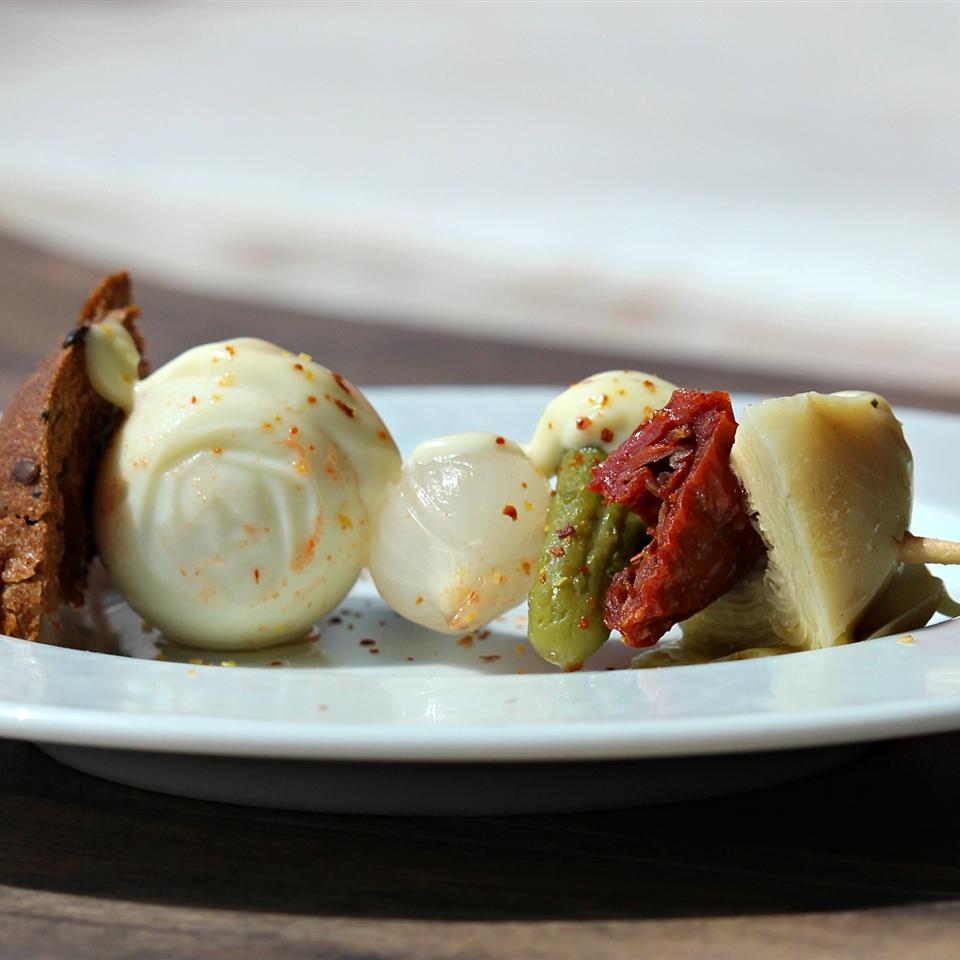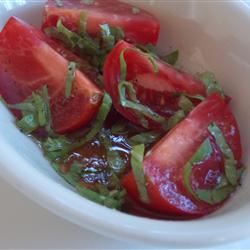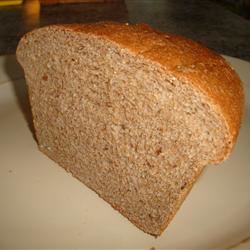Butter Soup

My oma used to make this soup when they first came to Canada and had no money–it’s been passed down to me, and it’s a favourite of everyone I’ve made it for!
INGRIDIENT
DIRECTION
Step: 1
Quarter the onion and separate the layers.
Step: 2
Boil 8 cups water with the potato, onion, butter, bay leaf, parsley, and salt and pepper to taste.
Step: 3
When the potatoes are done, mix the flour, eggs, and about 1 teaspoon salt in a separate bowl. Add water until it is a thick dough.
Step: 4
Spoon or cut noodles into soup–I tilt the bowl over the soup and use a butter knife to cut strips as it pours.
Step: 5
After noodles are fluffy, pour in the cream. Heat and serve. This soup is even better the next day!
NUTRITION FACT
Per Serving: 472 calories; protein 14.1g; carbohydrates 83.9g; fat 9.5g; cholesterol 111.8mg; sodium 89.8mg.
The name of “stew” can process to both a dish and a make dishes method. Stewing makes slowly cooking chunks of meat, raw fruit or beans in a tastefull liquid . It’s same as to braising, instead it does have a few notable differences. The meat is chopped into smaller pieces instead of being processing menu whole , and the water based material completely covers the contents in a stew as different to a braise’s halfway all of it . When meat or raw fruit are cooked using this method, the resulting dish is called stew.
Stew has a perception for being a rib-sticking eating process that warms you up on a freezing , winter day. It’s true ; a bowl of classic beef stew can make warming properties , but stew’s cozy factor goes way beyond protecting you from the cold . It’s all about those soft and chunks of food and vegetables, swimming in a thick, ultra-rich gravy. The more they come together make the greatest comfort food, no matter the weather.





